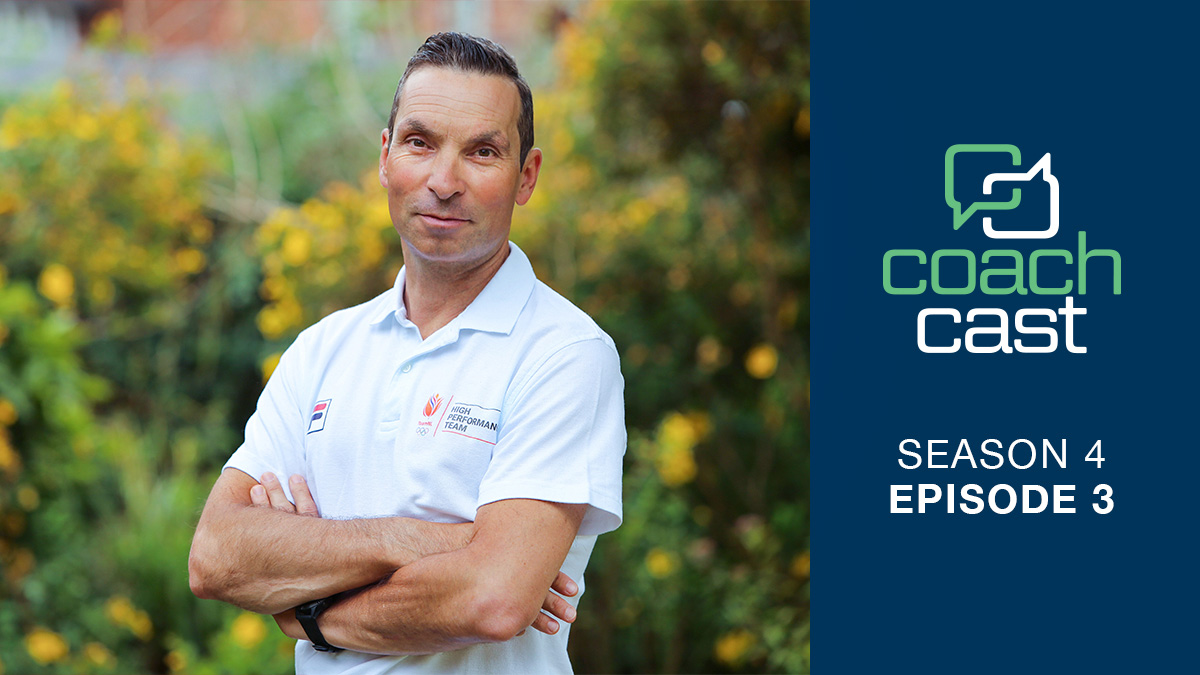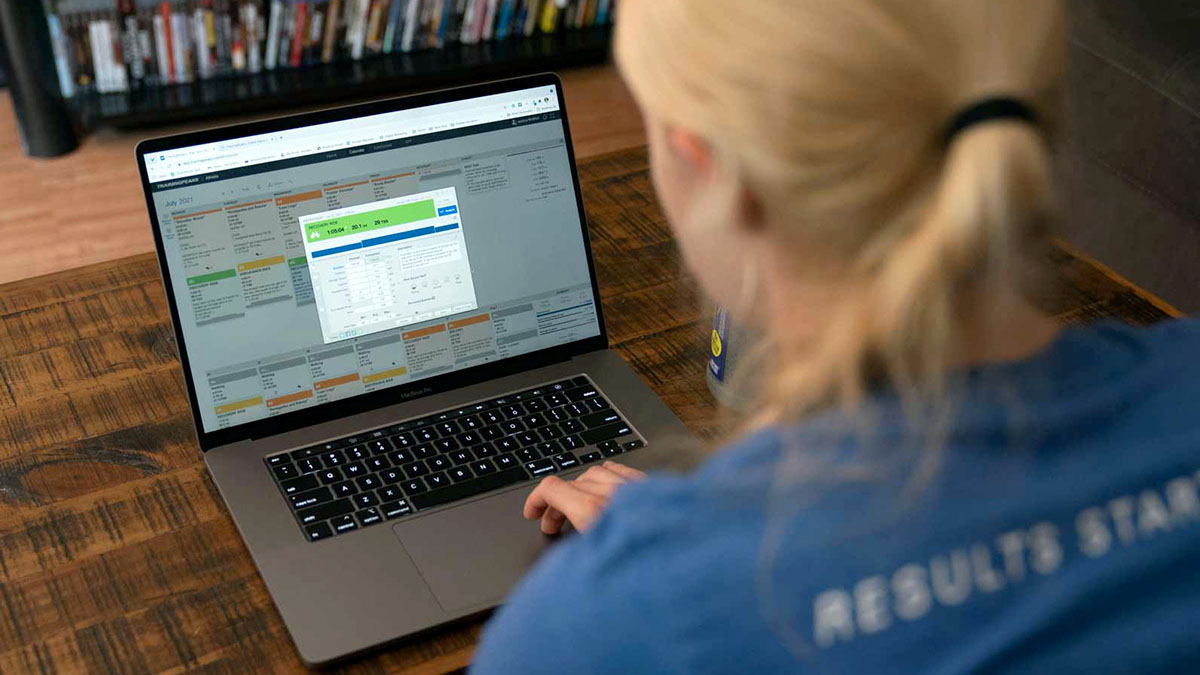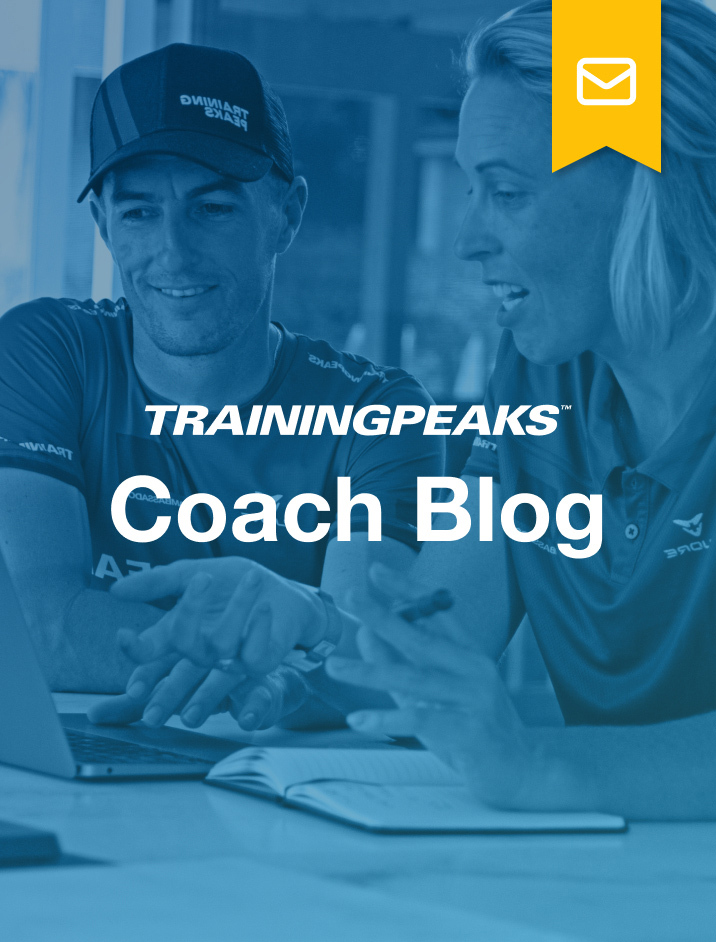[sc_embed_player_template1 fileurl=”https://traffic.megaphone.fm/TRPK8121500592.mp3″]
Recognized as one of the world’s leading sports nutrition experts, Asker Jeukendrup is the author of several books on sports nutrition and over 200 peer-reviewed journal articles on exercise and sports nutrition.
He started a consulting business, mysportsscience.com, where he advises teams and organizations. Jeukendrup is currently head of nutrition for the Dutch Olympic Committee, Jumbo-Visma pro cycling team, the Red Bull Athlete Performance Center and several other professional nutrition and exercise organizations. Including Core Nutrition, which is an app that provides detailed nutrition information for your races and training.
Dirk Friel talks with Jeukendrup about nutrition planning and strategy for race day and what athletes should aim for to stay fueled up for high-intensity racing. They also talk through some misconceptions that may lead to gastrointestinal (GI) issues and how to prevent them from undermining your performance.
Stand-Out Quotes
“One of the things that will probably become obvious is that some of the things are a lot simpler than people have often made them…I don’t think it is always that complicated, but it is focusing on the things that really matter, that [are] important.”
“I think you should actually start thinking about the race 10 weeks before, and this is sometimes what doesn’t happen. And it can cause serious problems because if you go into a race and you may have a plan about how much carbohydrate you’re going to consume, how much fluid you’re going to consume, and it may be even a very detailed plan, but if you haven’t practiced with that plan, which should start 10 weeks before, then that can still be a big problem. So you need to make sure that you can tolerate everything that you’re taking on on race day.”
“We know from research studies that you can train the gut really well. Actually, there [are] those guys in major league eating right, who do eating competitions. They know this very well. They have an offseason and an on-season, and they know they can tolerate a lot more in the season than they can do off-season. So, this is it’s not something new. But we also know from studies in the literature that you can train how much carbohydrate you can absorb. You can train how fast you can empty solids and liquids from the stomach.”
“The really important message here is that you cannot achieve that with a regular product. A regular product, meaning a product that has one type of carbohydrate. So, you’re really looking for products that are designed to be taken at these like really high intakes of 90 grams an hour, right. And usually, these are mixes of maltodextrin with fructose, or glucose and fructose, or starches with fructose, and typically, I would look for, if it’s 90 grams an hour, you’re targeting a two to one ratio of maltodextrin and fructose or glucose and fructose.”
“I started to communicate about [nutrition] science because there’s so much confusion in the world of sports nutrition—I guess also in the world of training—but for nutrition in general, everyone who eats and drinks these days seems to be an expert in nutrition.”
“Normally, I would say get up and start four hours before [a race], but sometimes it’s just not practical to do. If the race start is very early, then it’s probably better to stay that hour extra in bed and have a little bit more rest and have breakfast a little bit later. But generally, like three hours before is a really good time. Two hours before is still okay. If you get within that sort of two-hour [window], then you have to be a little bit more careful what you’re eating because three hours before a fairly large breakfast, your glucose would have stabilized by the time you start the race. If it’s less than two hours before, it could be that your glucose is still all over the place, and that’s not necessarily a nice feeling in the first part of the race.”
Resources
Asker Jeukendrup on Instagram, Twitter and Facebook
mysportsscience.com consulting



